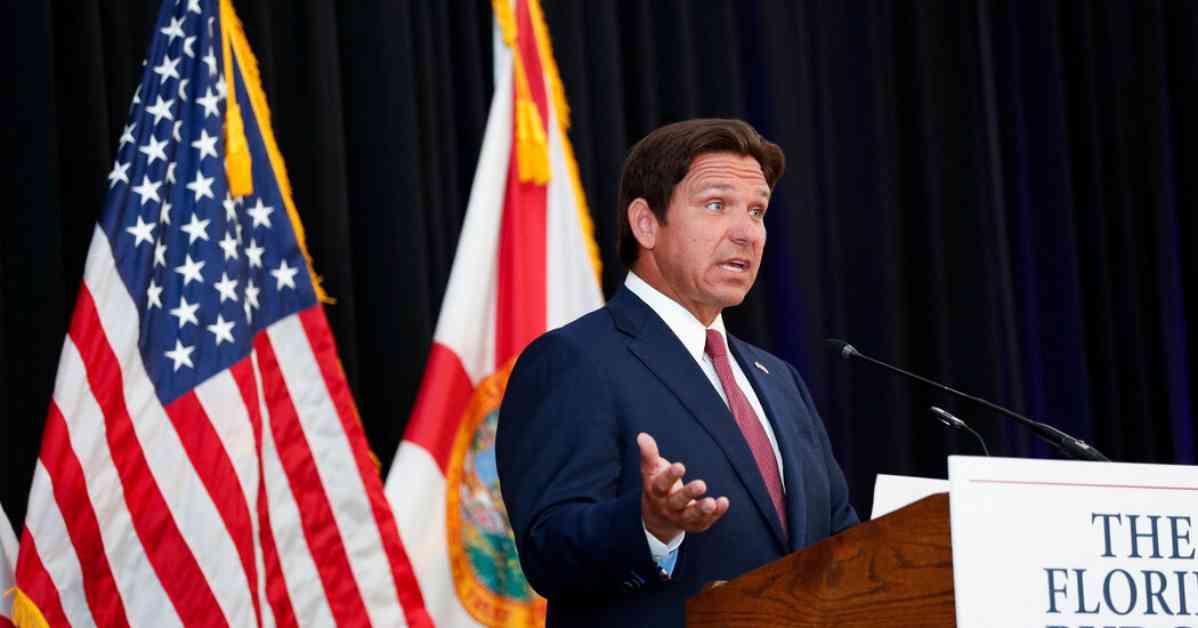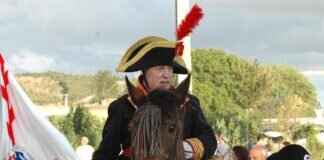Florida Governor Ron DeSantis has made a controversial decision to veto $32 million in arts grants funding that was previously approved by state lawmakers. This unexpected move has left many arts and culture organizations in the state scrambling to find ways to make up for the loss.
Richard Russell, the general director of the Sarasota Opera, was taken aback by the veto, as he had anticipated receiving a state grant of around $70,000. Now, he and other leaders of arts organizations are faced with the challenge of finding alternative sources of funding to fill the gap left by the governor’s decision.
Arts organizations in Florida are no strangers to financial challenges, but the complete elimination of their grant funding is unprecedented. Even during the difficult times of the Great Recession, some amount of funding was usually approved to support these organizations. The timing of this decision is particularly concerning, as arts organizations are still recovering from the impact of the COVID-19 pandemic.
Michael Tomor, the executive director of the Tampa Museum of Art, pointed out that established arts organizations are typically cautious about relying too heavily on state funding that is not guaranteed. However, the message sent by Governor DeSantis’s veto is troubling, suggesting that taxpayer dollars should not be used to support arts and culture in the state.
In response to this setback, arts organizations are exploring alternative funding sources and looking for ways to adapt to the new financial reality. While the loss of state grants is a significant blow, these organizations remain committed to continuing their important work and providing cultural enrichment to the community.
As the arts community in Florida navigates this challenging situation, there is hope that they will find creative solutions to overcome the funding shortfall and continue to thrive in the face of adversity. The resilience and determination of these organizations will be key in ensuring that the arts continue to play a vital role in the cultural landscape of the state.














